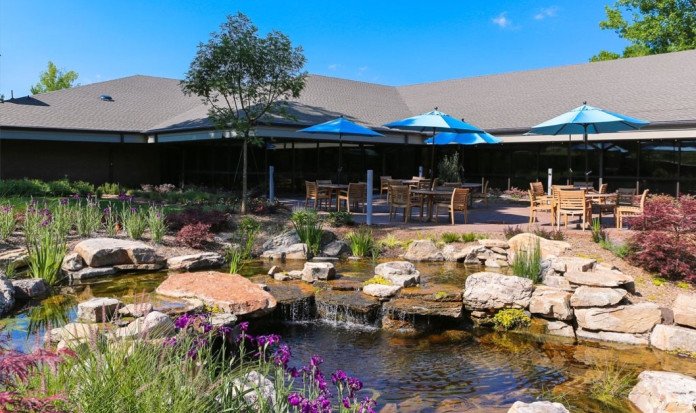Serving Those Who Serve
HopeWay offers evidence-based treatment for Veterans & First Responders struggling with a variety of mental health conditions through individual psychiatric and therapeutic care, group therapy and integrative therapies. We have Residential (24/7), Partial Hospitalization (5 days per week) and Intensive Outpatient (3 days per week) programs available depending on the individual’s needs. Our specialized expertise is proven to help Veterans & First Responders find the hope and healing they deserve.

Veteran and First Responder Services
Residential Treatment
-
24/7 care
-
Private bedrooms & bathrooms
-
Individual sessions with a psychiatrist and therapist specializing in Veteran/First Responder mental health
-
Group therapy mixed with civilians
-
Break-out psychotherapy groups specific for Veteran/ First Responder clients
-
Therapeutic programming on the evenings and weekends

Partial Hospitalization Program
-
Monday – Friday 9:00 – 4:00
-
Individual sessions with a psychiatrist and therapist specializing in Veteran/First Responder mental health
-
Group therapy mixed with civilians
-
Clients can live at home during treatment or in our on-site house built for Veterans & First Responders
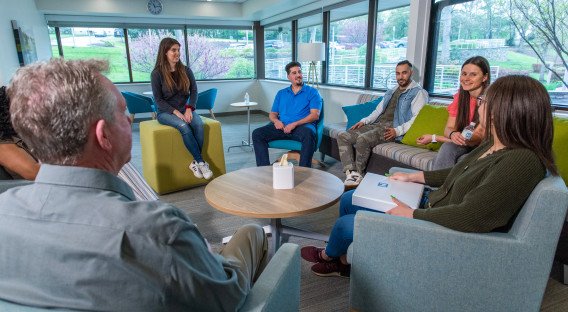
Intensive Outpatient Program
-
Mornings: 3 hours/day Monday, Wednesday, Friday. 9 am - 12 pm (virtual)
- Evenings: 3 hours/day Monday, Wednesday, Thursday. 6 - 9 pm (in-person)
-
Group therapy mixed with civilians
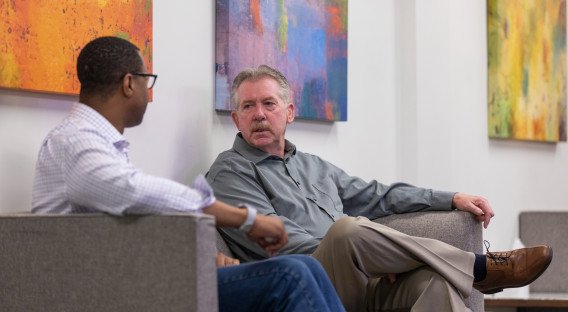
Outpatient
HopeWay Psychiatry & Associates is an outpatient private practice offering personalized psychiatric and clinical care via one-on-one in-person or telepsychiatry appointments. As an expert in Veteran and First Responder mental health, Dr. Johnson is now taking new outpatient clients.
Visit https://hopeway.org/psychiatryassoc to schedule an appointment.
HopeWay Psychiatry & Associates is in-network with:
Aetna
BlueCross BlueShield
Cigna (Evernorth Behavioral Health)
Tricare/Humana Military
United Healthcare
Please note: Certain policies under these providers may not be in-network. We strongly encourage you to contact your insurance provider to verify coverage
 (1)_s_sm.jpg)
100%
of Veteran & First Responder clients experienced clinically-significant change
79%
of Veteran & First Responder clients reported an absence of active suicidal ideation at discharge
86%
of Veteran & First Responder clients experienced clinically-significant improvement in control of anxiety


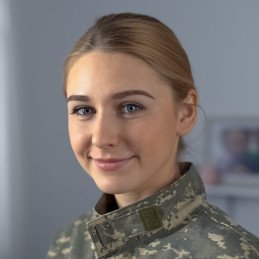
Did You Know?
Reduction in PTSD Symptoms
100% of HopeWay's Veteran & First Responder clients noted a significant improvement in their PTSD symptoms according to the PCL-5.
Did You Know?
Reduction in Active SI
79% of HopeWay Veteran & First Responder clients who reported suicidal ideation (SI) at admission reported an absence of active SI at discharge.
Did You Know?
Reduction in Anxiety Symptoms
86% of Veteran & First Responder clients with anxiety experienced clinically-significant improvements in control of anxiety at discharge.
Review more outcomes in our latest Outcomes Report
View Outcome ReportTherapies
Treatment involves a combination of evidence-based treatments and therapeutic modalities.

Diagnoses
HopeWay is designed to treat adults, 18 years of age or older, who are experiencing one or more of the following diagnoses:

Meet The Team
Our team is comprised of highly-qualified, caring physicians and mental health professionals who specialize in Veteran & First Responder mental health treatment and are committed to meeting the client's needs and goals.

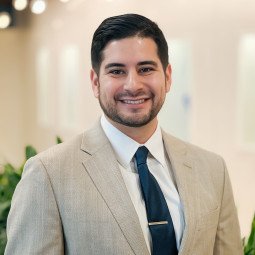






Frequently Asked Questions
How much does treatment cost for the Veteran or First Responder?
For Veterans using the VA Community Care program, VA benefits cover the cost of treatment. For Veterans & First Responders using private insurance, the cost is dependent on each individual insurance plan. Some clients need to or choose to pay out of pocket. Clients who are paying out of pocket are encouraged to apply for financial assistance, and eligibility is determined through an application process.
VA Community Care Provider and currently in-network with:
- Aetna
- Blue Cross and Blue Shield of North Carolina (and its affiliates)
- Carolina Behavioral Health Alliance
- Cigna Behavioral Health
- Magellan
- MedCost
- United Behavioral Health
How does the VA Community Care Provider process work?
The MISSION Act allows Veterans to request to be seen by a community provider outside of the VA. There are six criteria that can qualify a Veteran to receive community care. Veterans only need to meet one of these to be eligible. View criteria here.
What is the typical amount of time in treatment for a Veteran or First Responder?
The average length of stay is 4 – 6 weeks.
What diagnoses do you treat?
Our Veteran & First Responder mental health services are designed to treat a variety of mental health conditions including PTSD, depression, anxiety, bipolar disorder, acute grief, military sexual trauma (MST), personality disorders, psychotic disorders such as schizophrenia, difficulty coping, or other psychological stressors.
What is the clinical model of care?
HopeWay’s Veteran & First Responder Services include evidence-based therapies and treatment modalities. We offer all three of the most evidence-based trauma therapies including EMDR, Cognitive Processing Therapy and Prolonged Exposure Therapy, along with other evidence-based modalities to treat various psychiatric conditions besides PTSD. The therapist and client will decide the most appropriate modality based on the individual's symptoms, history, and goals. In the Residential and Partial Hospitalization Programs, clients meet weekly with a psychiatrist and therapist who specialize in Veteran/ First Responder mental health. Along with individual appointments, Veterans & First Responders participate in robust group and integrative therapies (art, music, horticulture, health & wellness, recreation, pet therapy and meditation).
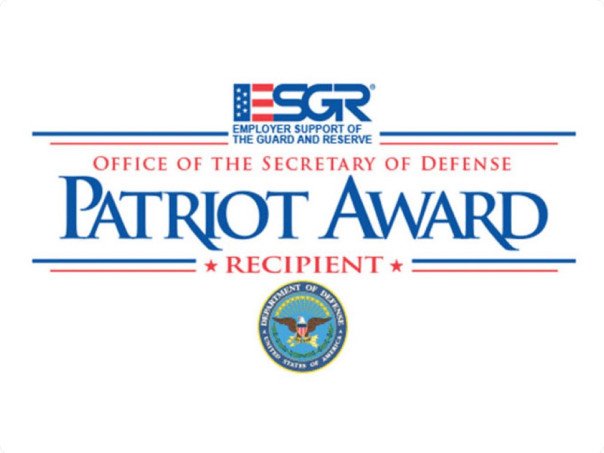
Dr. Kuroski-Mazzei receives the Patriot Award
Alyson R. Kuroski-Mazzei, DO, DFAPA, FASAM, CEO & Chief Medical Officer was awarded the “Patriot Award” by the Employer Support of The Guard and Reserve (ESGR), a Department of Defense office.
Read MoreWe Love Our Clients
Client Stories

